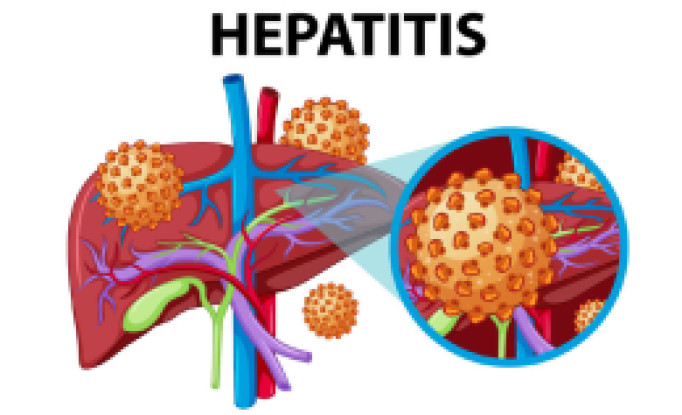Lagos launches statewide campaign to combat Hepatitis B and C
28th July 2025 03:52 PM ![]()

The Lagos State government has set out plans to eliminate Viral Hepatitis as a public health threat.
The Government began this through the commencement of a comprehensive campaign as the world marked the 2025 World Hepatitis Day commemoration, with the theme: “Hepatitis: Let’s Break It Down.”
Speaking on the effort of the Government to combat the disease at his office in Alausa-Ikeja, on Monday, July 28, 2025, the State Commissioner for Health, Prof. Akin Abayomi, described Viral Hepatitis as a silent but deadly disease.
He urged residents to get tested and vaccinated.
According to Abayomi, Viral Hepatitis affects millions globally and has become a silent epidemic in Nigeria.
He also revealed that Hepatitis B and C, the most dangerous forms, are responsible for chronic liver disease, cirrhosis, and liver cancer, often without showing symptoms until it’s too late.
According to him, from the 2018 Nigeria HIV/AIDS Indicator and Impact Survey (NAIIS), over 16 million Nigerians live with Hepatitis B, and over 2 million with Hepatitis C, noting that the 2016 baseline survey in Lagos revealed a 5% and 1% prevalence for Hepatitis B and C respectively.
Prof. Abayomi emphasised that Hepatitis is both preventable and treatable, and in the case of Hepatitis C, curable.
The commissioner said the state’s efforts were geared toward the global target of eliminating Viral Hepatitis by 2030, through a four-pronged approach: prevention, testing, treatment, and awareness.
“Today, we launch a state-wide awareness campaign using radio, TV, social media, and community engagement platforms to educate Lagosians,” Abayomi said.
He said the state is offering free Hepatitis B and C screening and limited vaccination across General Hospitals, LASUTH, and designated Primary Health Centres in all 57 LGAs and LCDAs. Priority is given to health workers and pregnant women.
Abayomi said Vaccination against Hepatitis B, he stated, has already been integrated into routine newborn immunisation schedules, and all pregnant women are being screened during their first antenatal clinic visit to prevent mother-to-child transmission.
To strengthen treatment access, Abayomi disclosed that staff at all secondary health facilities have been trained to manage Viral Hepatitis, and efforts are ongoing to ensure affordable antiviral drugs, especially direct-acting antivirals for Hepatitis C.